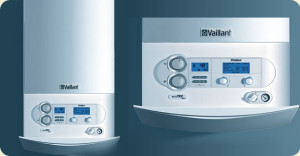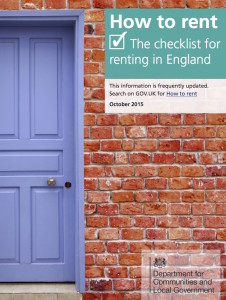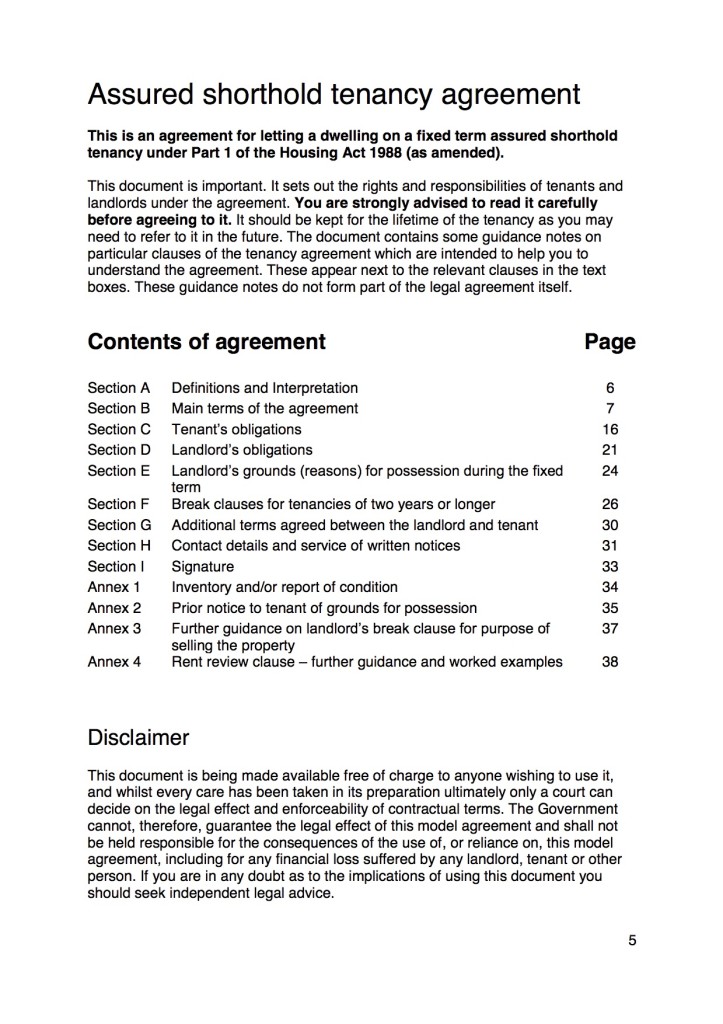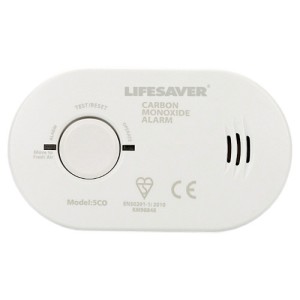Many of the problems that people face and experience with their boilers is actually down to poor installation work. This means if you are looking to have a boiler installed at your home, it makes sense to call on an expert who will provide you with the best standard of service. Installing a boiler correctly at the first time of asking can save so much time, hassle and money in the long run that it is worth taking the time to find the professional that will provide the best standard of service.
No matter what service you need carried out, it makes sense to obtain quotes from a number of professionals. You don’t necessarily need to opt for the cheapest option, but you should be looking to obtain value for money when you install a boiler. This is why you need to ask for boiler installation and replacement quotes, and at Cenultra , we are here to help you find the best quote for your needs.
, we are here to help you find the best quote for your needs.
We have installed and replaced countless boilers in London and we are pleased to say that we offer value for money services. We have received a great number of positive reviews, recommendations and testimonials from clients with respect to our boiler installation and replacement work. When it comes to being confident about the installation and condition of your boiler, call on the experts who will care for you in the right possible manner.
Clearly you should always look to repair a boiler first of all before you contemplate replacing it. Calling on the right professional means that you have a great chance of repairing your boiler in an effective manner, and you could get plenty of years of additional service from the boiler. However, there will be times when your boiler cannot be repaired, and it has to be replaced. These are some of the things that you should look out for.
Repairing your boiler is no longer cost-efficient
Just because your boiler can be repaired, doesn’t mean that you should necessarily have it repaired. There are costs involved and associated with repair work and if it gets to the stage where it is more cost effective to have your boiler replaced, this is the option that you should go with. This can be costly but equally, the money you spend on continually trying to repair a boiler and the hassle that comes from the problems caused by it will mean that it is often best to opt for a new boiler.
If your boiler is unable to provide you with the heating that you need
Depending on the age of your property, it may be that your boiler is unable to provide you with the heating that you require or the features that you are looking for. If the timer no longer works or the controls are very difficult to use or there isn’t a thermostat, you’ll find that it is much easier to opt for a new boiler. In some cases, it may be possible to just replace the controls but there are many times when replacing the boiler is much more effective.
This is where you should be on the lookout for boiler installation and replacement quotes. In order to make the most effective decision for your needs, you need information. When it comes to pricing and what service you will receive, the information contained in boiler installation and replacement quotes will provide you with everything you need in order to make the decision that is best for you.
At Cenultra, we are keen to help you make the best decision for you, your home and your loved ones. We offer a fair and reasonable quote for all of our boiler work and we are more than happy to provide as many details as we possibly can. We look to provide you with everything you could need to know in order to make the best decision and if you ever have any questions about repairing or replacing your boiler, we are here to help you out. If you are looking for the best standard of boiler replacement work in London, get in touch and we’ll be more than happy to help you out.
If your boiler doesn’t give you the control over your heating that you need – for example if the controls or timer aren’t very flexible, or there isn’t a thermostat – a new boiler might be a good option when it comes to helping to cut your heating bills. In some circumstance, you might be able to get away with just installing new controls.
No matter what you need, Cenultra are here to help and we believe we provide the most cost effective boiler installation and replacement quotes in London.




